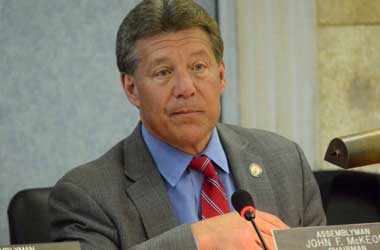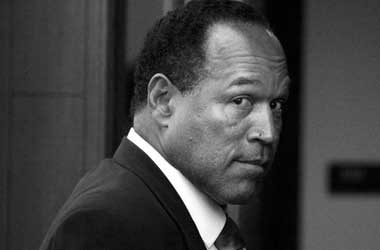 The sports betting bill being formulated in Ohio is expected to hurt the betting market due to a reduction of operational license numbers.
The sports betting bill being formulated in Ohio is expected to hurt the betting market due to a reduction of operational license numbers.
The new HB194 version is cutting the number of sports betting licenses to 2 each for racino and casino operators, a further reduction from the three licenses that had been part of an earlier version of the bill from September.
Sen. John Eklund, one of the co-sponsors of the bill said that it wasn’t a surprise to see these changes being added to the bill. He described most of the details contained in the initial draft, that had been passed by the House in May, as placeholders for the final bill.
Eklund further added that the new bill was subject to discussions with other senators and that input from interested parties would be well received and considered in full. The House has until the end of the year to pass this sports betting bill.
Changes To Sports Betting Bill
The most significant change in the new sports betting bill is the number of betting licenses permitted by each gaming operator in Ohio. With a limit of two licenses per casino, the number of operators in the market will not exceed 22, down from the previous market cap of 33. Another standout detail is that rather than the Lottery Commission, The Casino Control Commission will now be the official regulator.
Some of the other changes to the bill worth mentioning include the non-requirement of racinos and casinos to hand out all their licenses. The new bill stipulates that gaming operators “may contract” as opposed to the “shall contract” wording from the previous daft.
On the renewal of licenses, instead of annual renewal fee of $1,000, betting operators will now be required to pay $10,000 every three years for their licenses. Operators will also be unable to reduce the federal excise tax (0.25%) that is usually paid on wagers derived from the total gross receipts. Another aspect of the bill allows offshore employees to work in the market, a contrasting stand from the previous draft that outlawed individuals who, in the past, worked with offshore operators.
The only ones banned are those that dealt with illegal bets from the United States from April 16, 2015 onwards.
The Silver Lining
Some favorable parts that have survived in this bill include the 8 percent tax rate, the $100,000 five-year license fee for racinos and casinos, as well as the abolition of the mandate for official league data.

 United States
United States United Kingdom
United Kingdom















Ohio continues to say no to expanding jobs and creating revenue. No gambling, no recreational marijuana. God forbid we have any fun and create new industries to fund education and infrastructure.